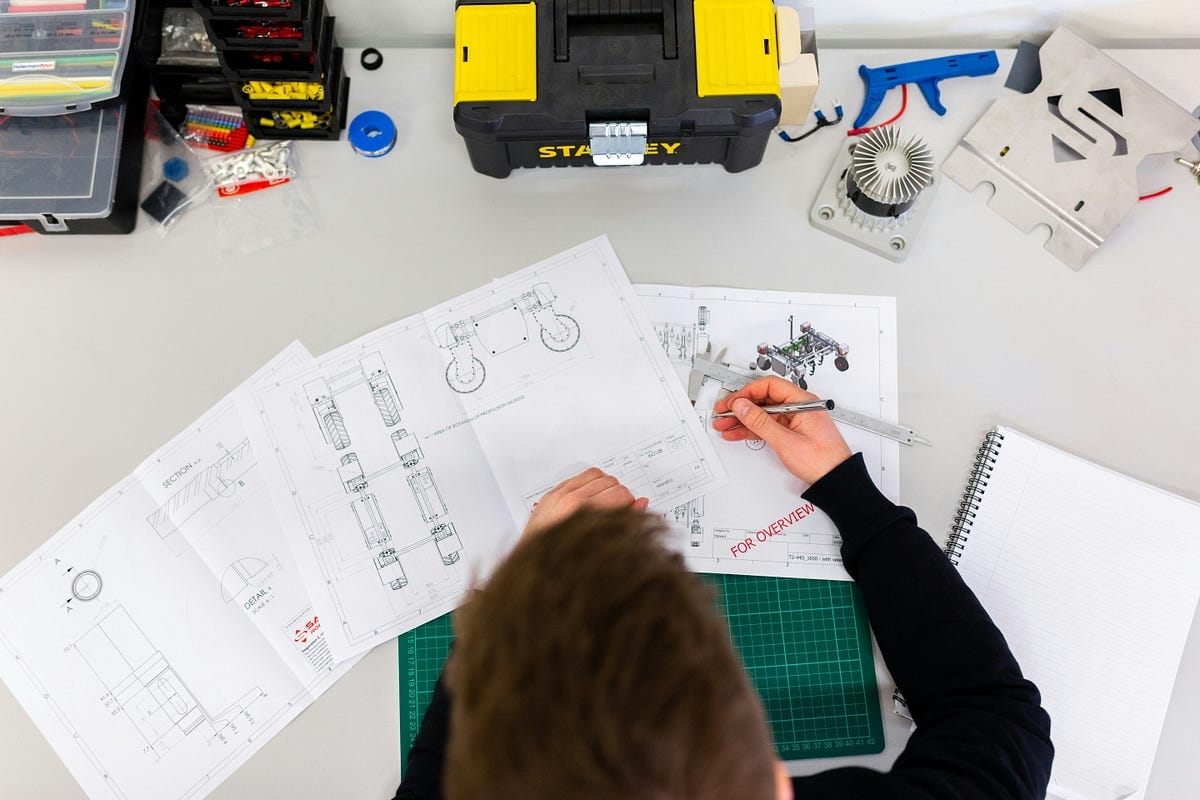11 Things Senior Engineers Do That Juniors Completely Miss
From design thinking to documentation and scalability — these habits separate seasoned engineers from the rest.

Junior engineers write code. Senior engineers build systems. The difference? These 11 practices that juniors often overlook.
11 Things Senior Engineers Do That Juniors Completely Miss
There’s a quiet difference between junior and senior engineers — and it has nothing to do with writing more code. In fact, most of the time, senior engineers write less code.
What separates a senior engineer isn’t just technical knowledge, but the subtle, often invisible decisions they make every day.
If you’re a junior engineer aiming to level up, pay attention — these are the 11 things senior engineers do that most juniors completely miss.

1. They Spend More Time Thinking Than Typing
Juniors often dive headfirst into code. Seniors? They pause. They sketch ideas, consider trade-offs, and think through edge cases. The best code is often the result of clear thinking, not fast typing.
“Measure twice, cut once” applies to code just as much as carpentry.
2. They Prioritize Readability Over Cleverness
While juniors might try to impress with one-liners or fancy patterns, seniors aim for clarity.
They write code for humans, not machines — knowing someone will maintain it six months later (often themselves).
A senior engineer asks: Will this make sense to someone else in my team instantly?
3. They Ruthlessly Minimize Complexity
Seniors are allergic to unnecessary complexity.
They know the cost of clever abstractions, deeply nested logic, and premature optimization. Simpler is better — always.
They ask: What’s the simplest solution that works and scales?
4. They Think in Terms of Systems, Not Just Features
Juniors build features. Seniors build systems.
A senior engineer understands how their code interacts with infrastructure, deployment, logs, metrics, third-party services, and other teams. They’re thinking end-to-end, not just input-output.
5. They Take Ownership — Beyond the Codebase
When something breaks in production, they don’t say “that’s not my part.” They lean in, investigate issues, coordinate fixes, and ensure lessons are documented.
Ownership means accountability across the board — from architecture to user experience.
6. They Anticipate Future Change
Seniors don’t over-engineer, but they design with change in mind.
They build APIs that are extensible.
They name things carefully.
They add just enough structure to accommodate growth — without guessing the future.
They build for now, with later in mind.
7. They Ask Great Questions in Code Reviews
While juniors might focus on “is it working?”, seniors focus on “is this the right solution?”
Senior engineers elevate the team by asking thoughtful questions, guiding design discussions, and offering constructive feedback that teaches as well as corrects.
8. They Mentor Without Micromanaging
Seniors take time to grow others. They don’t just fix issues in pull requests — they leave comments that explain why. They create a culture of learning, trust, and support.
Their goal isn’t to be the smartest in the room — it’s to lift the room.
9. They Understand the Business Context
Great engineers don’t just ask how to build something — they ask why.
Senior engineers connect tech decisions to business goals. They know when speed matters, when stability is critical, and when it’s okay to take shortcuts — because they understand the bigger picture.
10. They Communicate Proactively and Clearly
Whether it’s writing documentation, sharing updates, or explaining technical decisions to non-engineers — senior developers communicate often and well.
They don’t wait to be asked. They document decisions, raise concerns early, and keep stakeholders in the loop.
11. They Leave Things Better Than They Found Them
This mindset is the mark of a true senior. Whether it’s a small refactor, a helpful comment, or improved test coverage, they’re always planting seeds for a better codebase and culture.
“Boy scouts leave the campground cleaner than they found it. So should we, with our code.” — Uncle Bob
Final Thoughts
Becoming a senior engineer isn’t just about the number of years you’ve coded — it’s about how you think, communicate, and lead. Start paying attention to these habits and you’ll find yourself leveling up faster than you thought possible.
Which one of these stood out to you the most? Let me know in the comments — and if this resonated, consider sharing it with someone who’s on the path to senior.
Follow me for more insights on software engineering, career growth, and clean code.





